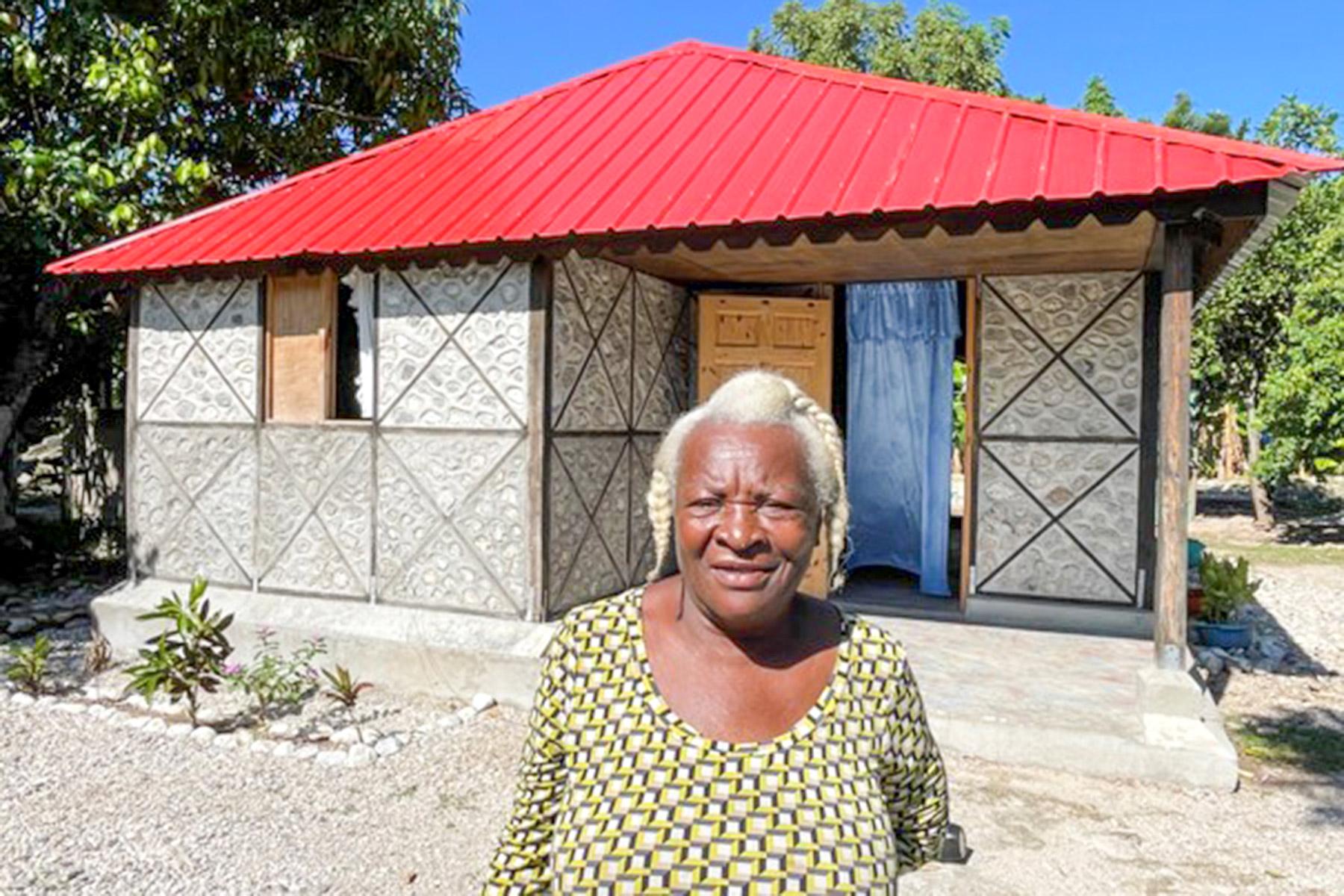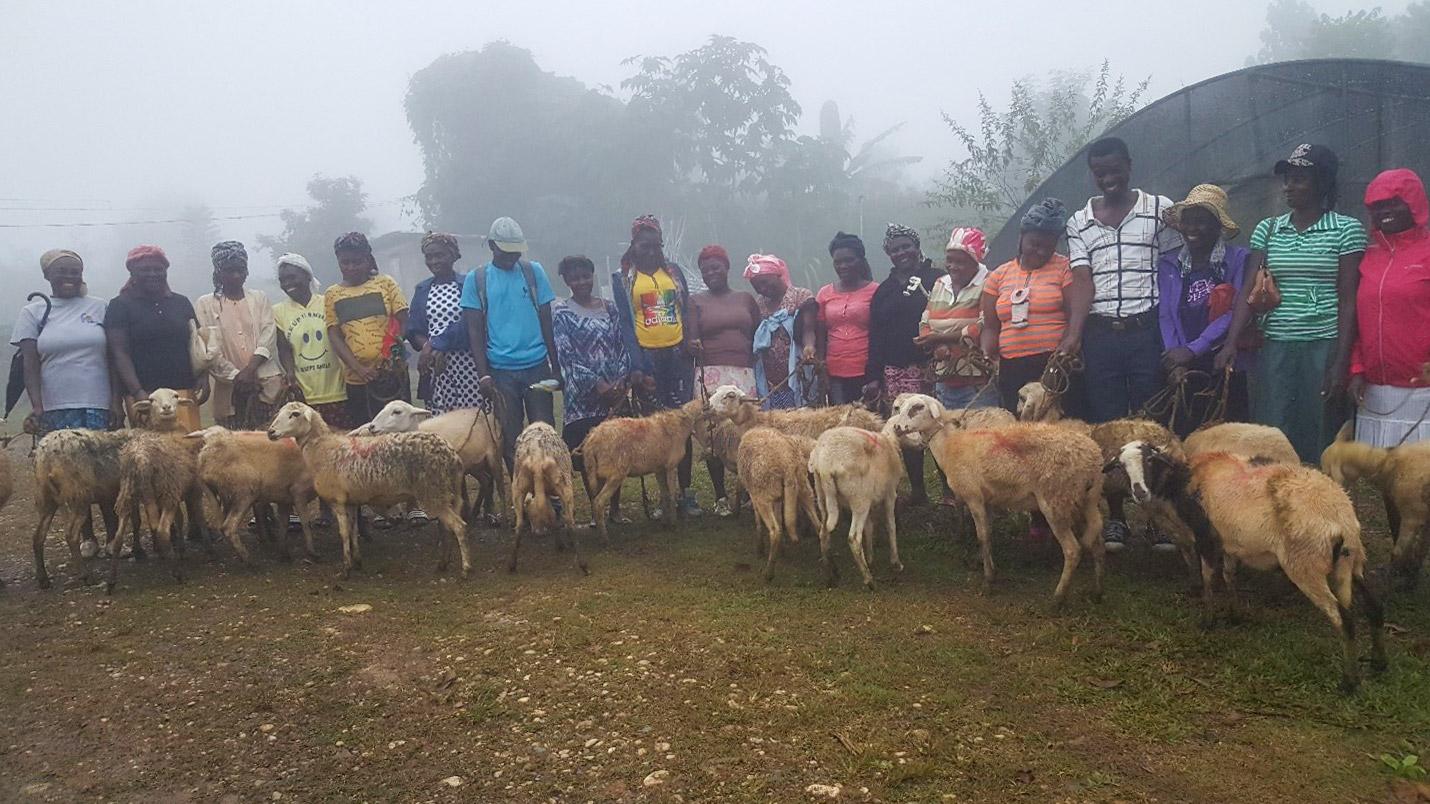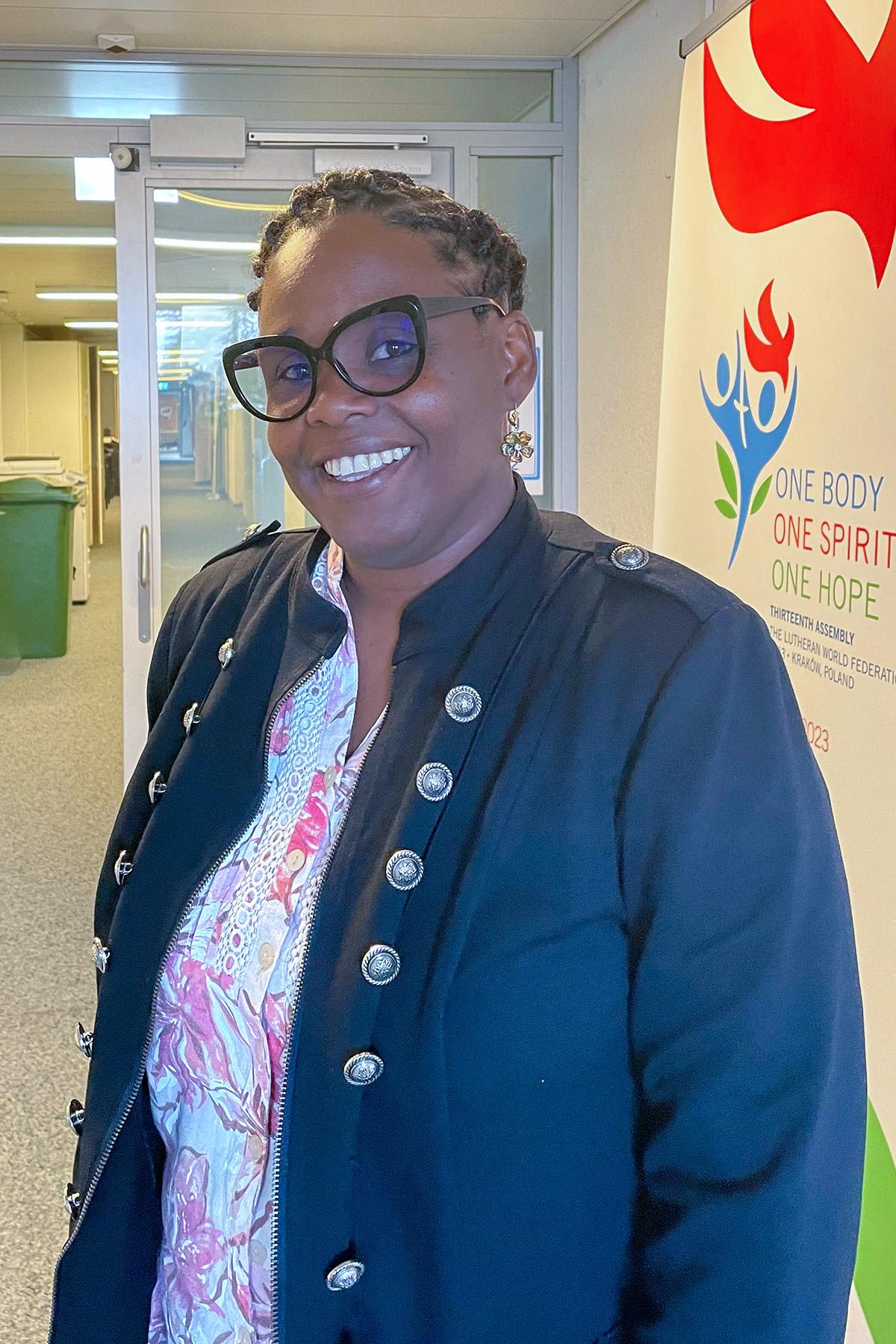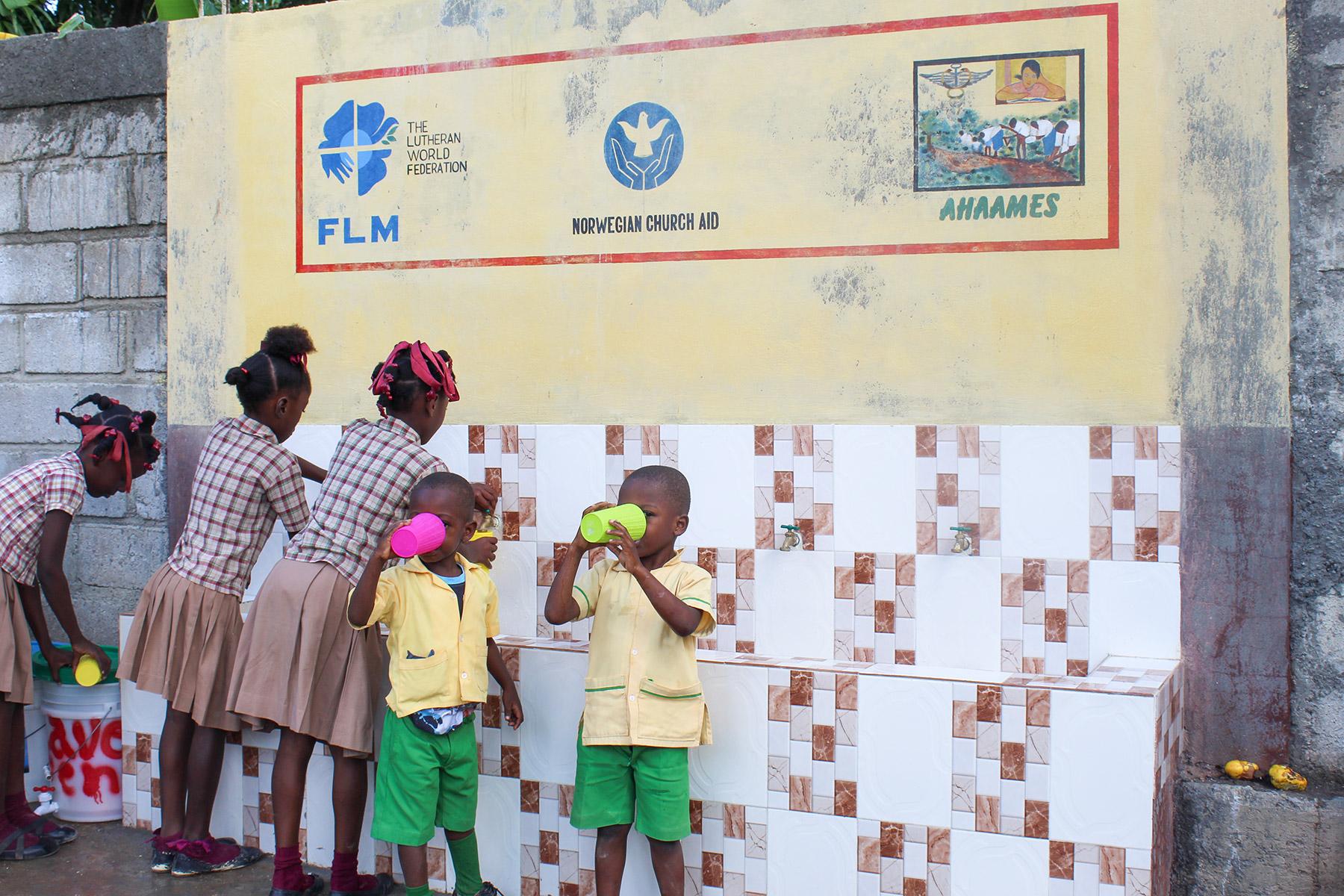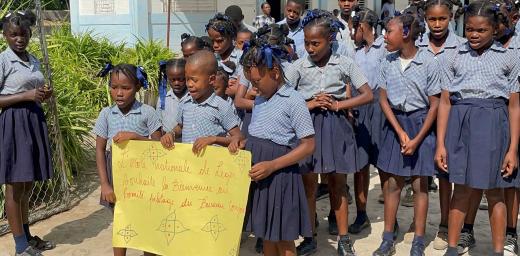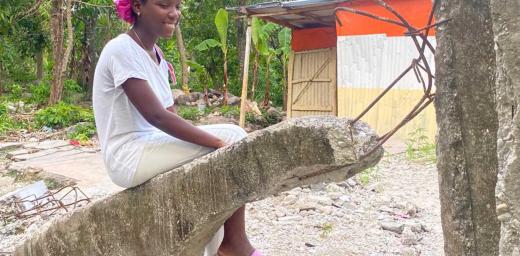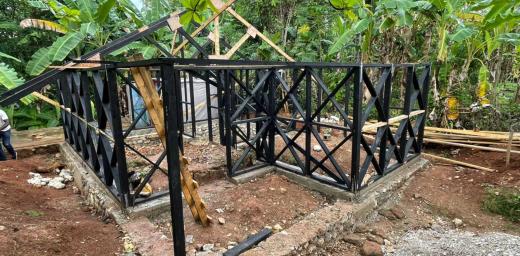Building resilience in vulnerable communities
(LWI) - "Haiti is a really beautiful country, but with all that is going on, you don’t see that”, says Naomie Beaujour, Lutheran World Federation (LWF) Program Manager in Haiti. On a visit to LWF in Geneva, she talks about the LWF program, the security situation and work that makes a difference.
The political and economic crisis in Haiti deepened a year ago, following the assassination of the president in 2021 and civil protests against the high cost of living and social insecurity. In 2022, the country saw a political deadlock, rising prices for gas and water, and a surge in gang violence with kidnappings and deaths. Since the fall of 2022, Haiti has also been dealing with a Cholera outbreak. In November 2022, the UN human rights chief Volker Türk warned that Haiti was “on the verge of an abyss”.
“I’m really proud to be working with LWF. My hope is that peace comes back and we can fight for the beauty of Haiti”.
– Naomie BEAUJOUR, program manager LWF Haiti


